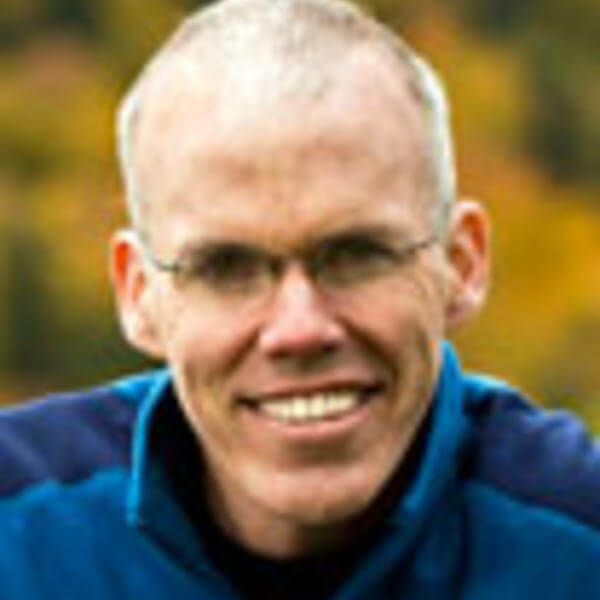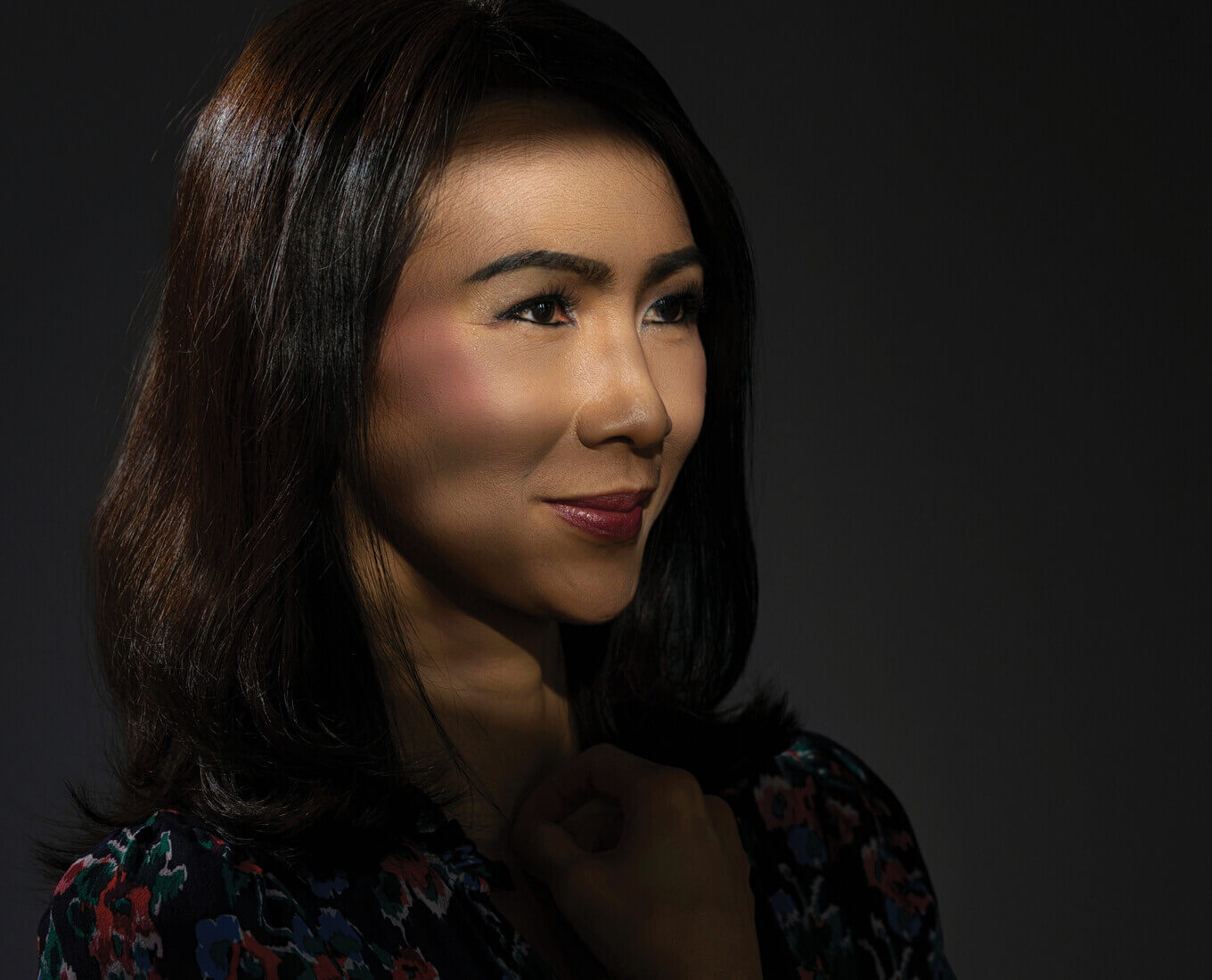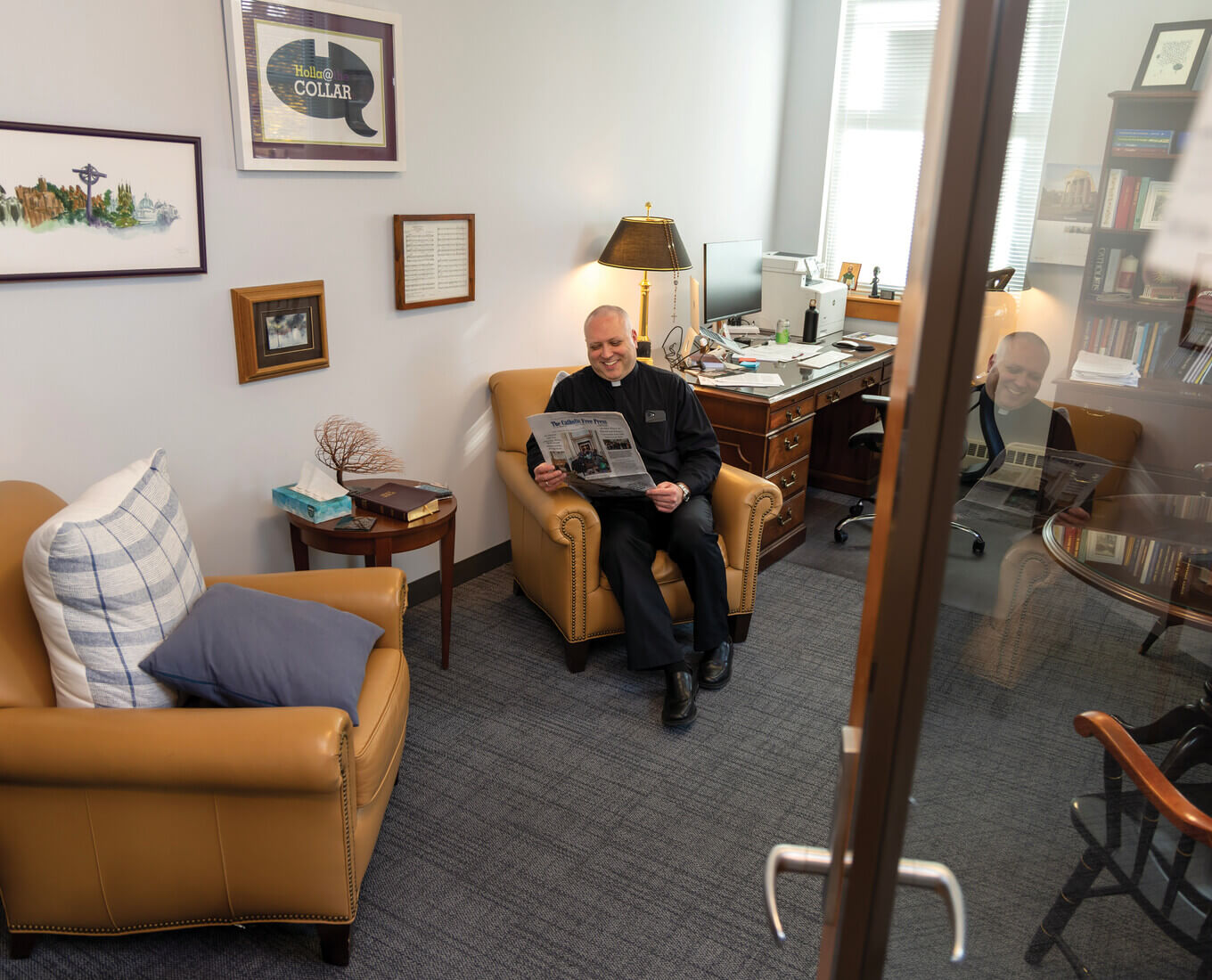One of the world’s leading environmentalists and climate change activists, Bill McKibben, will lecture at Holy Cross on Sept. 27 to open a yearlong series on the environment called “In Our Lifetimes: Environmental Change and Stewardship.”
Sponsored by the Center for Religion, Ethics and Culture, the series is intended to get students thinking about the environmental changes and challenges they will face in their lifetimes, through the year 2050. Other events are expected to tackle issues such as alternative energy, biodiversity, public health crises, and sustainability efforts at Holy Cross through 2050.
“The degradation of our planet will affect our students in meaningful ways during their lifetimes,” said Thomas M. Landy, director of the Center. “We want our students to think about how the choices we make today will play out even in their own lifetimes.”
McKibben is the author of the landmark 1989 book The End of Nature, the first about global warming to be written for a general audience. This spring, he published Eaarth: Making a Life on a Tough New Planet, suggesting that humans have passed the tipping point on climate change, that the degradation of Earth is irreversible, and that humans must seek new means to survival on an increasingly instable planet.
A longtime activist, McKibben is founder and global organizer of 350.org, an international campaign to reduce the concentration of carbon dioxide in the atmosphere to 350 parts per million, what scientists consider to be the upper limits of acceptable CO2 levels. He is a scholar in residence in environmental studies at Middlebury College and a frequent contributor to various magazines including The New York Times, The Atlantic Monthly, Harper's, Orion Magazine, Mother Jones, The New York Review of Books, Granta, Rolling Stone, and Outside.
McKibben’s lecture will begin at 7:30 p.m. in the Rehm Library and is free and open to the public.
Next in the series, Elizabeth Johnson, C.S.J., distinguished professor of theology at Fordham University, will give a lecture titled “An Ecological Inquiry: Jesus and the Cosmos” on Oct. 5 at 7:30 p.m. in the Rehm Library. Appointed to the Vatican-sponsored dialogue on ecology, Johnson will explore the traditional role of Jesus Christ as Savior of the human race and consider if his teachings can be applied to a more bio-centric or cosmos-centric theology.
An additional four events are planned as part of the series.
Throughout the year, the Center for Religion, Ethics and Culture offers programming integral to teaching and learning at Holy Cross. The lectures, colloquia and conferences explore issues core to the College’s mission — basic human questions of meaning, morality, and mutual obligation. This semester, the Center’s events will prompt thinking on the intersection of science, faith and morality, and the institution of war and its moral legacy. In November, the Center will engage discussion on the sexual abuse crisis in the Church of Europe and its implications for Catholics worldwide. A daylong conference in December will explore the influence of the Enlightenment and biblical thought on America’s founders, including Thomas Jefferson, James Madison, and Benjamin Franklin.
Most events are free and open to the public. Many events are recorded and available as streaming audio and as free podcasts on iTunes U. For details on the Center’s events and to Listen and Learn, visit http://www.holycross.edu/crec or sign up online to receive e-mail updates.
Lectures to Focus on Environmental Challenges in Our Students’ Lifetimes

Read Time
2 Minutes

